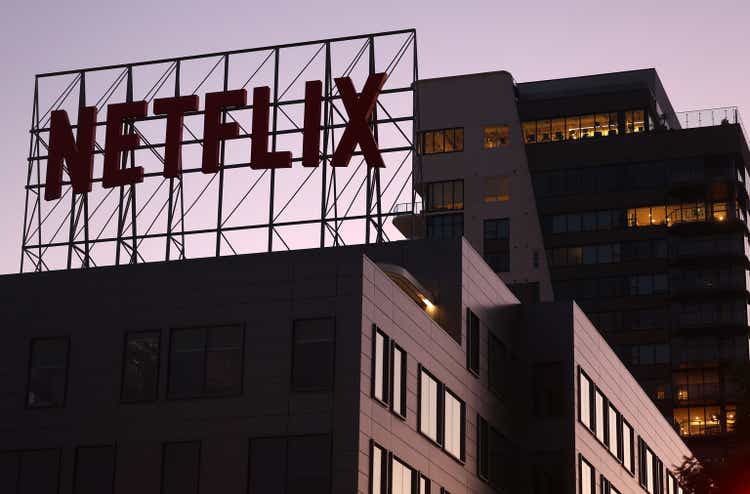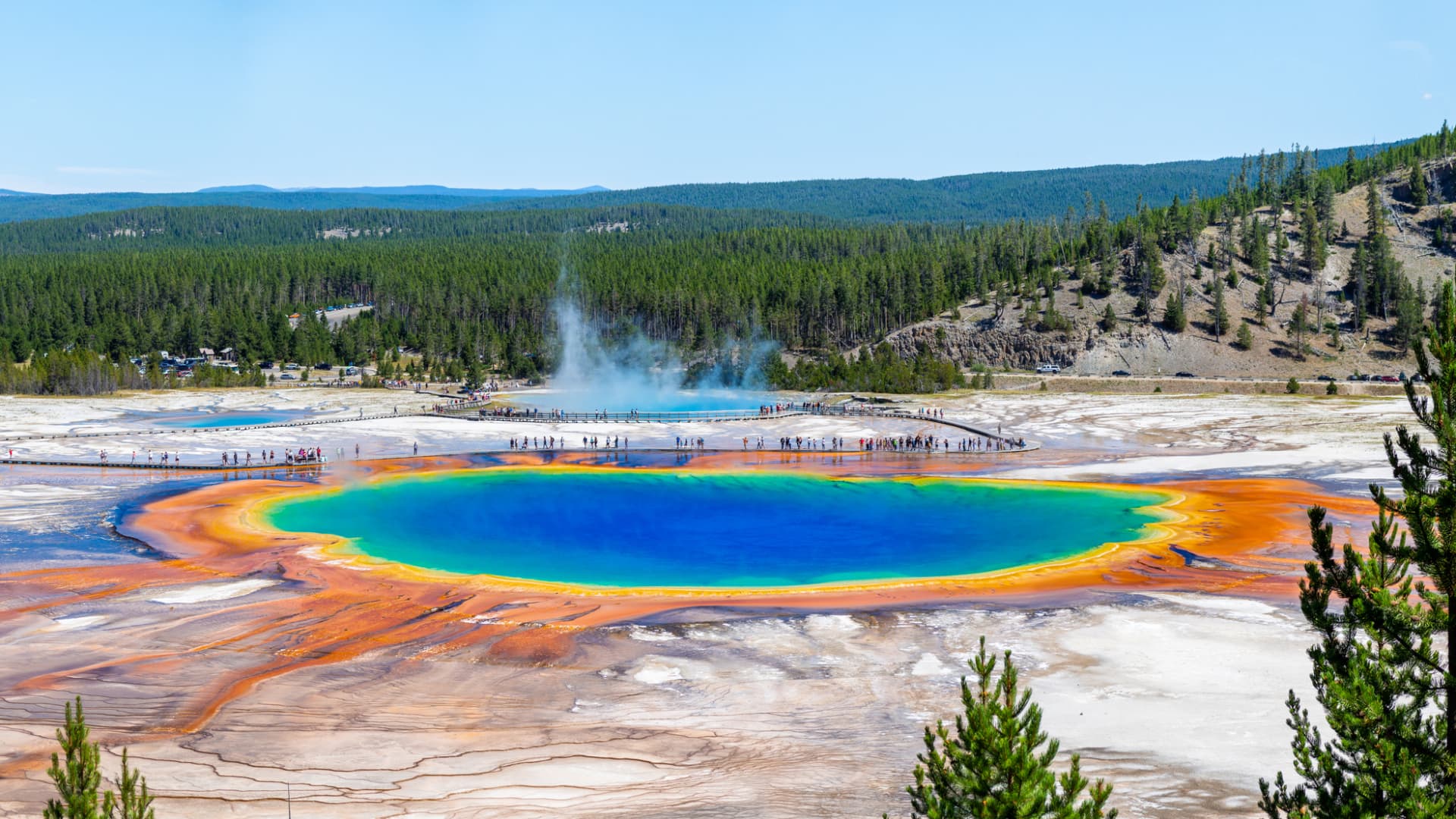Narendra Modi secures diplomatic wins despite refusing to break with Russia

Emmanuel Macron greeted him with a bear hug in front of the Elysée Palace shortly after he was re-elected French president. In Berlin, German chancellor Olaf Scholz welcomed his “super partner”. UK prime minister Boris Johnson, on a visit to New Delhi, lavished praise on his khaas dost, or special friend.
The bonhomie from European leaders in recent weeks towards Narendra Modi capped a frantic period of international diplomacy for the Indian prime minister, despite his refusal to break ties with Russia over its invasion of Ukraine.
Modi toured France, Germany and Denmark after visits to India by Johnson and European Commission president Ursula von der Leyen, as western leaders courted him and signed bilateral deals designed to bind New Delhi — seen as a vital Asian counterbalance to China — closer to the west.
“There’s the realisation that India is far too big and far too important to be slotted into these convenient definitions of, ‘Either you’re with us or you’re against us’,” said Nirupama Rao, a former Indian foreign secretary and ambassador to the US and China. “The stand that India has taken has largely helped India to consolidate its own interests.”
After some early criticism, western leaders have carefully avoided tense exchanges over New Delhi’s ties with Moscow. Instead, with India’s military dependent on Russian weaponry, the UK and France have announced defence partnerships in order to diversify its arsenal. The EU and UK have also sought to turbocharge talks for free trade deals to deepen economic links.
Some leaders, such as Danish prime minister Mette Frederiksen, who met Modi in Copenhagen, have suggested that India could use its neutrality over the conflict to “influence” Moscow.
“Everyone understands the fact that the political leadership in India is perfectly comfortable,” one Indian official said, referring to the dominance of Modi’s Bharatiya Janata Party in domestic politics. For foreign leaders, “the best option is to align with [the BJP] on issues that are of mutual interest and keep subtle pressure on issues which are of concern”.
Many Indians consider Russia to be the country’s oldest partner. Post-independence leaders including Jawaharlal Nehru, India’s first prime minister, looked to the Soviet Union for economic inspiration. The country would go on to depend on military support to bolster its forces against arch-rival Pakistan.
Economic ties with the US and Europe have become far more consequential but most of India’s weapons are still Russian in origin, meaning that New Delhi continues to rely on Moscow for servicing and logistical support.
India stuck with its historic partner after the invasion, abstaining in UN votes denouncing Russia. It has also looked to bolster bilateral trade, increasing imports of Russian oil at a discount as western countries tried to isolate the Kremlin economically by imposing wide-ranging sanctions. The volume of Indian fuel imports from Russia nonetheless remains well below many European countries.
Yet analysts say that, with India considered a vital geopolitical and economic alternative to China, international leaders see little upside to irritating officials, who have responded furiously to international criticism. Foreign minister Subrahmanyam Jaishankar in March denounced what he called a “campaign” against India over its Russian oil imports.

The European conflict has also drawn western attention away from what India considers a far more important issue: China’s military threat in Asia and the Indian Ocean. New Delhi and Beijing have been engaged in a military stand-off at their Himalayan border since mid-2020.
For the US, “the Russian question does not take away from the China problem”, said C Raja Mohan, a senior fellow with the Asia Society Policy Institute think-tank. “On the China question, India’s centrality is self-evident.”
But KC Singh, a former Indian foreign secretary, argued that India’s equivocation over the Russian conflict could nonetheless go on to hurt the country’s ties with the west if leaders such as Biden conclude that New Delhi cannot be trusted in times of crisis.
“They’re sending a signal to the west: how reliable can India be as a partner?” he said. “We have a convergence of interest with the Americans where China is concerned. Where Ukraine is concerned we want to sit on the wall. Can you be a selective partner?”
Others believe India’s public comments, as well as extensive rendezvous with western leaders, have made its disapproval of Putin’s actions clear. While India has not directly condemned Russia, it did criticise the killing of civilians in Bucha without directing blame. Modi has also repeatedly called on countries to respect “territorial integrity”, which some read as a veiled rebuke of Moscow.
Piyush Goyal, India’s commerce minister and a senior BJP member, told foreign reporters this week that India’s position was well understood globally.
“We recognise that the democratic world needs to engage with each other much more and, therefore, there’s huge interest among all world leaders, including the European Union, to expand engagement with India,” he said.
Additional reporting by Chloe Cornish in Mumbai
World News || Latest News || U.S. News
Source link



